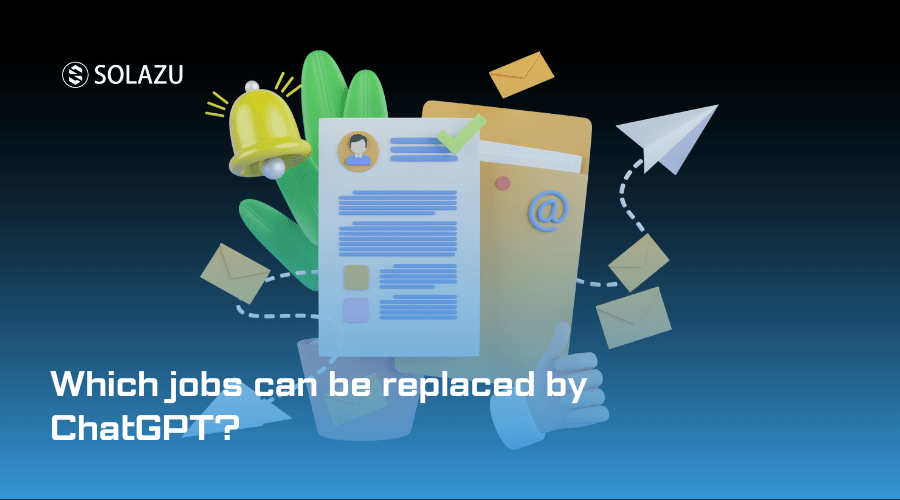ChatGPT is a powerful and innovative technology that has the potential to transform the way we work and interact with machines. As a large language model, ChatGPT can answer questions, generate text, translate languages, and perform many other tasks that would typically require a human being. However, while ChatGPT can perform many functions, there are still many jobs that it cannot replace. In this article, we will explore which jobs are most at risk of being replaced by ChatGPT and which ones are unlikely to be impacted by this technology.
ChatGPT is a highly advanced machine learning model that is capable of understanding natural language, which means it can read and interpret human speech and text. This has significant implications for jobs that rely on natural language processing, such as customer service and support. ChatGPT can provide fast, accurate, and personalized responses to customers, which can significantly improve customer satisfaction and reduce the workload for customer service teams.
Another area where ChatGPT can potentially replace humans is in the field of content creation. ChatGPT is capable of generating text that is indistinguishable from that written by a human. This means that ChatGPT could potentially write articles, reports, and other forms of content, which could have significant implications for industries such as journalism and content marketing.
In addition, ChatGPT has the potential to replace jobs that require data entry, transcription, and translation. ChatGPT can read, transcribe, and translate text in multiple languages with high accuracy, which could significantly reduce the workload for employees who perform these tasks.
However, there are many jobs that are unlikely to be replaced by ChatGPT. For example, ChatGPT is not capable of performing physical tasks, which means that jobs that require manual labor, such as construction, manufacturing, and agriculture, are unlikely to be impacted by this technology. Additionally, ChatGPT does not have the emotional intelligence or creativity required for jobs that involve interpersonal communication or artistic expression. Jobs that require empathy, intuition, or innovation are likely to remain the exclusive domain of human workers for the foreseeable future.
Furthermore, ChatGPT is not capable of replacing jobs that require a high level of expertise and specialization. Fields such as medicine, law, engineering, and finance require extensive education, training, and experience, which ChatGPT is not equipped to provide. While ChatGPT can assist professionals in these fields by providing data and insights, it cannot replace the deep knowledge and expertise required for these jobs.
In conclusion, ChatGPT is a powerful and innovative technology that has the potential to transform the way we work and interact with machines. While ChatGPT can perform many functions, it cannot replace all human jobs. Jobs that require physical labor, emotional intelligence, creativity, or a high level of expertise and specialization are unlikely to be impacted by this technology. However, jobs that rely on natural language processing, data entry, transcription, and translation are at a higher risk of being replaced by ChatGPT. It is important for businesses and workers to stay informed about the capabilities and limitations of this technology and adapt accordingly.
